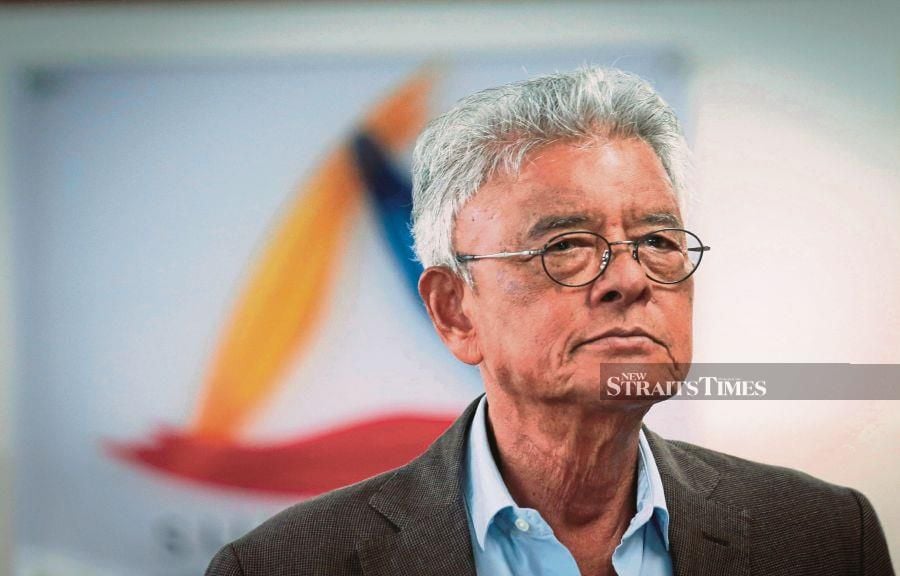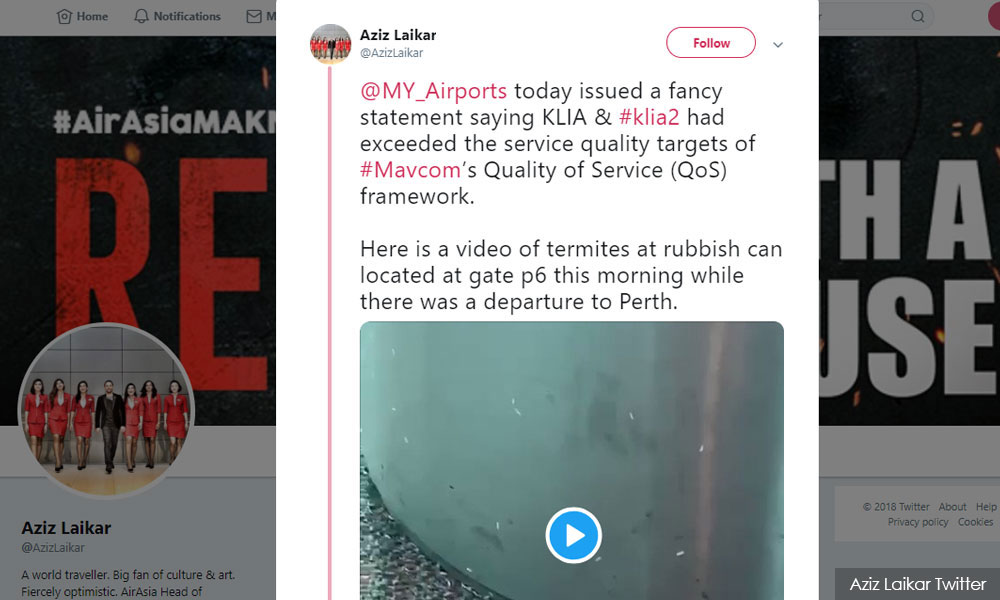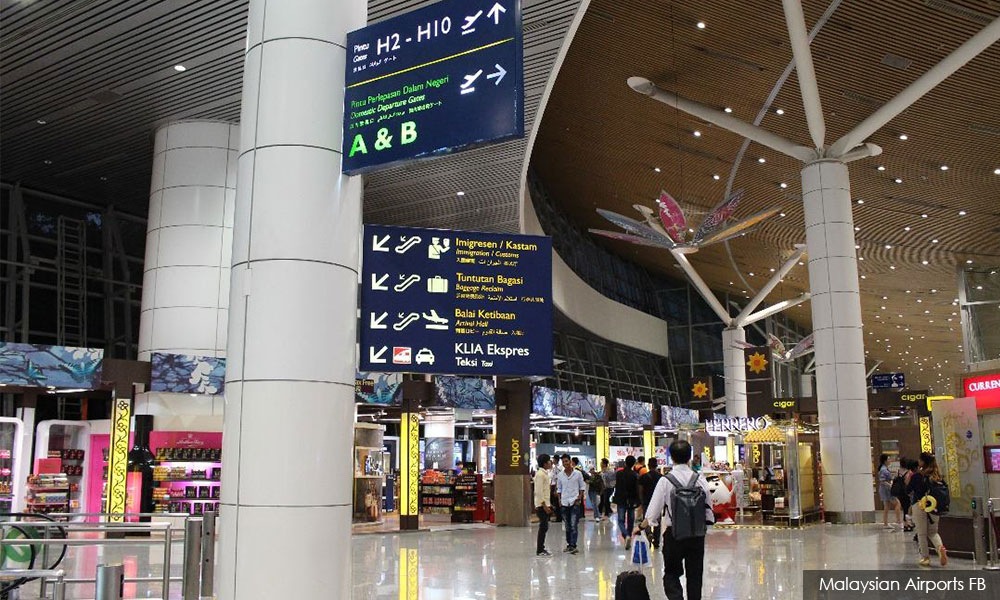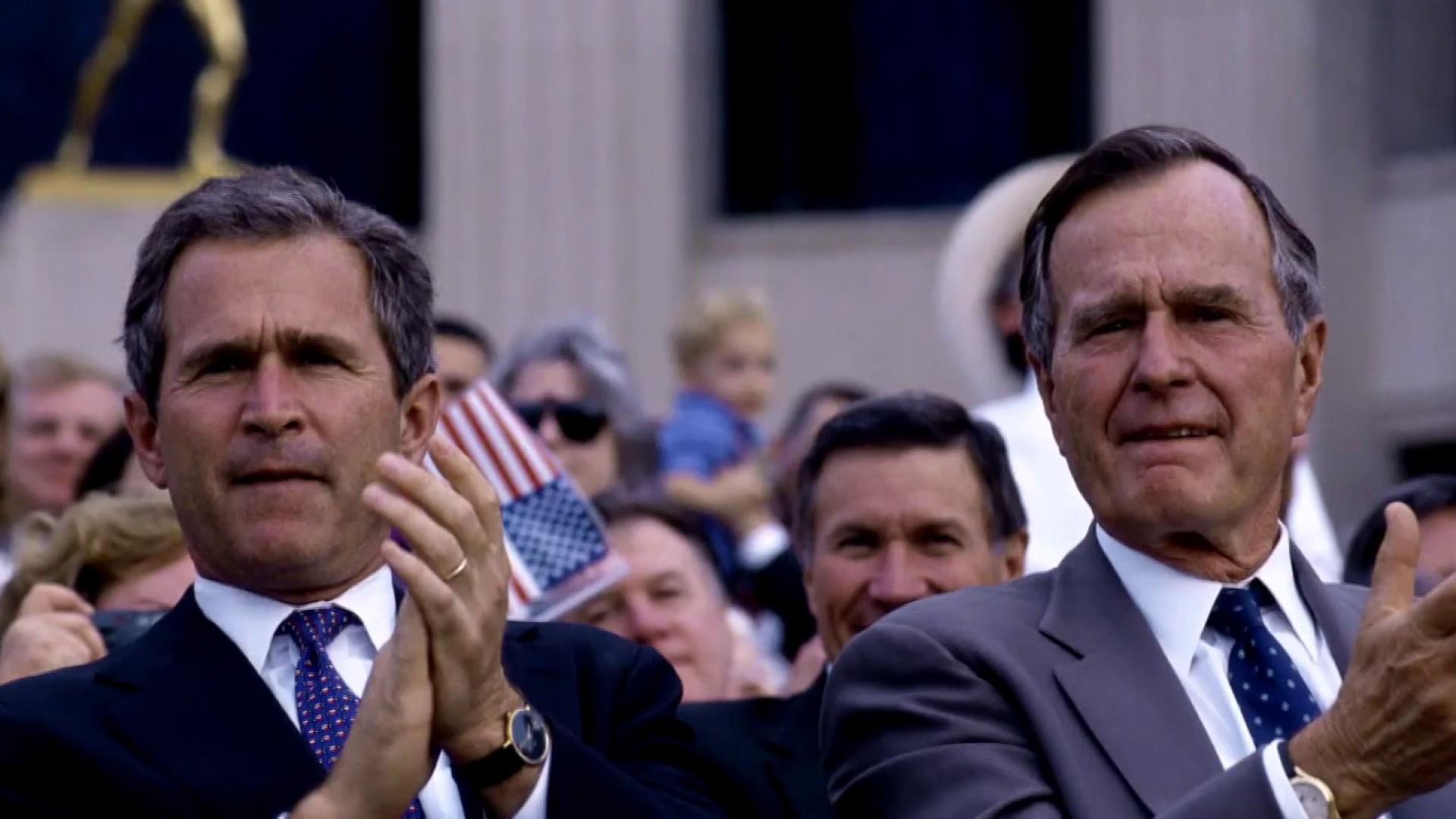National service can mend the country
The following column is adapted from Fareed Zakaria’s commencement address at Ohio State University on May 5, 2019.
It’s graduation season in America and a good time to be leaving college and looking for a job. Despite this week’s stock market tremors, the U.S. economy is on solid footing. Now in its 120th month of expansion, the economy shows few signs of bubbles about to burst. Unemployment is way down, inflation is contained, wages are finally moving up, and, perhaps most significantly, productivity is up. Some of these trends might prove ephemeral, but there is no denying that economic indicators are firmly positive.
These good numbers, however, are unlikely to change another set of numbers regarding the geography of growth. I was honored to be the commencement speaker at Ohio State University last weekend, and I predicted that graduates looking for a job would get one — in a city.
Mark Muro of the Brookings Institution has calculated that over the past decade, the 53 largest American metro areas have accounted for 71 percent of all population growth, two-thirds of all employment growth and a staggering three-quarters of all economic growth. In fact, half of all job growth in the United States took place in just 20 cities.
Meanwhile, small towns and rural America have lost residents and contributed barely anything to economic growth. The numbers would look worse if not for the fact that the boom in fracking has created many jobs in rural regions.
The congressional Joint Economic Committee recently issued a report warning about these trends. Young educated people are fleeing small towns and rural areas to find opportunities in big cities. The resulting brain drain then depresses growth in left-behind areas, which in turn drives more educated people out. It’s a classic spiral: up for cities, down for rural areas.
This two-track economy has produced a two-track culture, with urbanites and rural Americans increasingly living in their own distinct worlds of news, entertainment and consumer goods. The Arby’s customer and the Starbucks patron view each other with suspicion and distrust. They live different lives and disagree deeply about politics, a trend that is reflected in Washington. As measured by voting records, Congress is now more polarized than previous historical highs in the aftermath of Reconstruction.
Why is this happening? The economic trends are easier to explain, having to do with the digital revolution and globalization. Brain work is more valuable, brawn work less so. The cultural forces have to do with the rise of identity politics and a backlash against a more multicultural society and immigration. But whatever the causes, these trends seem likely to continue and may even intensify as artificial intelligence and automation render routine low-skilled work obsolete.
We see the forces that are pulling America apart. The question we should be focused on is: What can we do to bring the country together? Surely, this has become the question of our times.
One answer that I have been increasingly drawn to is national service. The idea may be one of the few ways to bridge the vast and growing chasm in America. I was heartened to see two Democratic presidential candidates, Pete Buttigieg and John Delaney, endorse it. Donald Trump once spoke warmly about national service on the 2016 campaign trail, suggesting that Democrats had been all talk but that he would do extraordinary things to boost it. Of course, once in office, he actually tried to slash spending on such programs.
There are many ways to design a national service program. A voluntary system would probably work better, with incentives such as loan forgiveness and tuition support at its core. A 2013 study argued that current programs could feasibly be scaled up to include 1 million volunteers without taking jobs from existing workers, yielding societal benefits worth about four times the costs. The programs that already operate in this space, such as AmeriCorps, do good work and have stunningly high approval ratings from their alumni: Ninety-four percent say they gained a better understanding of differing communities; 80 percent say the program helped their careers.
As Mickey Kaus noted in a prescient 1992 book, “The End of Equality,” John F. Kennedy, one of America’s richest heirs and a graduate of Choate and Harvard, famously served in World War II on a PT boat alongside men who had held jobs such as mechanic, factory worker, truck driver and fisherman. Imagine if in today’s America the sons and daughters of hedge-fund managers, tech millionaires and bankers spent a year with the children of coal miners and farmers, working in public schools or national parks or the armed forces.
National service will not solve all of America’s problems. But it might bring us together as a nation. And that is the first crucial step forward.
(c) 2019, Washington Post Writers Group











